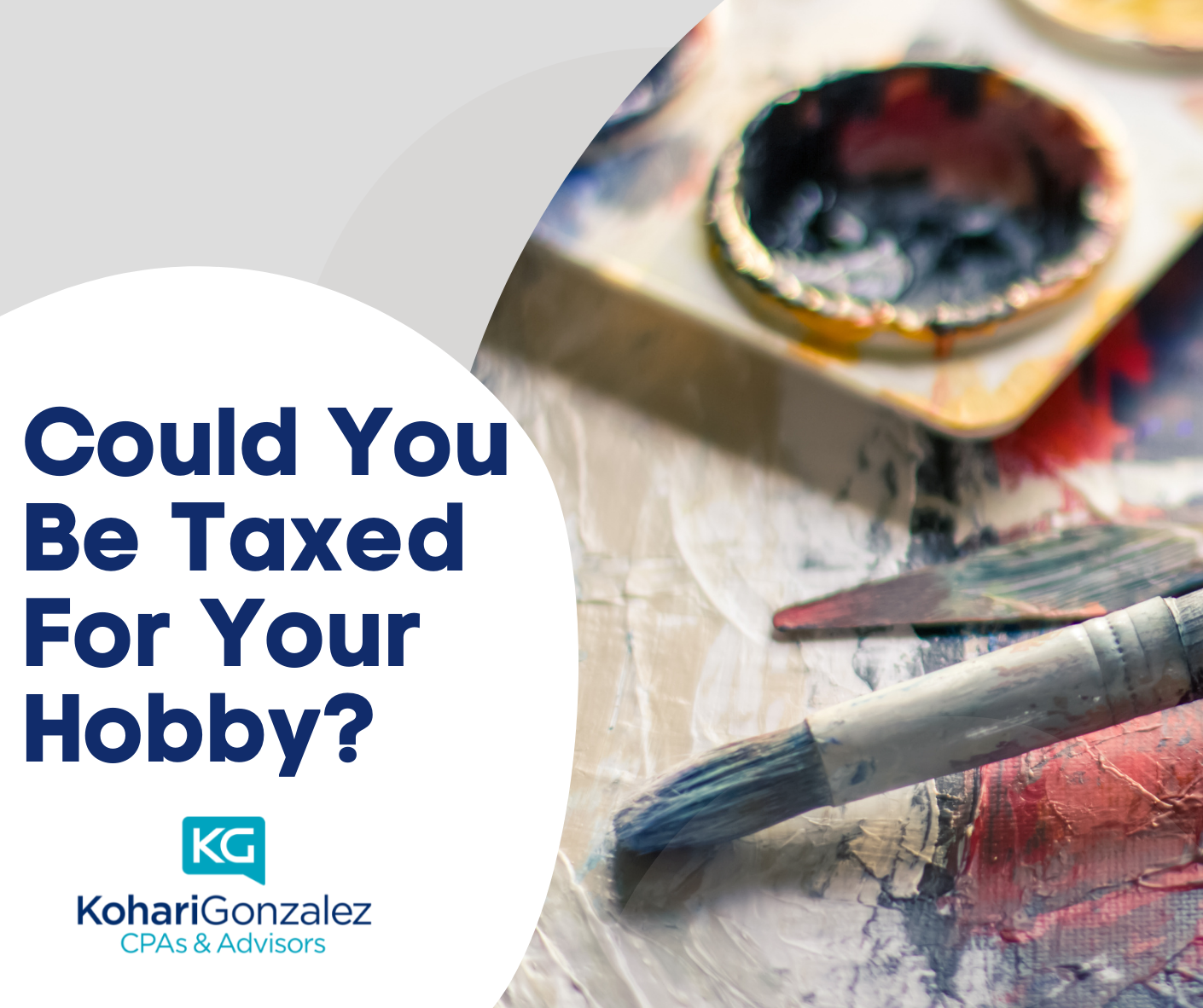 Highlights of the article:
Highlights of the article:
- Hobby vs. For-Profit Business
• For-Profit Factors
• The Three-Out-of-Five Rule
• Hobby Deductions
• Sales from Collections
Does your hobby make your a little bit of cash? Maybe you make ceramics, and sell them at a small market or church fair? Does this count as a business activity? Or maybe you recently won some prize money at your archery competition! Surely that isn’t business?… Is it?… What about livestock? Do you breed animals and sell them on or show them? Is your pastime actually a for-profit endeavour?…
The key tax concern is whether you're doing a hobby or doing business. For tax purposes, we have to figure out if what you're doing is something that earns you money. The answer determines how your earnings or losses from this venture will be taxed. When an activity is not engaged in for profit, the tax code (Section 183 – the so-called "hobby loss rule") limits deductions, resulting in no loss being deductible for a hobby. This is the article for you, if you want to make sure that your pastimes aren’t costing you in taxes! It will help you in assessing if an activity qualifies as a for-profit activity and what limitations apply if the activity is designated a not-for-profit pastime.
A pastime is any activity that a person engages in for the pleasure of it, rather than for the purpose of profit. This is distinct from running a business for the purpose of profit.
However, determining whether an activity is a hobby or a business is not always straightforward. The Internal Revenue Service (IRS) has standards for establishing whether an activity is carried on for profit, such as a business or investing activity, or whether it is a hobby (that may just happen to make a bit of money every now and again!)
Ordinary and necessary expenses for conducting a trade or business or producing taxable revenue are generally deductible by taxpayers. Trade or business activities, as well as activities that generate income, are profit-making activities.
The following considerations, while not exhaustive, may be helpful to you in determining if your activity is for profit or a hobby:
• Does the amount of time and effort you devote to the activity imply that you intend to profit from it?
• Are you reliant on the activity's income?
• If there have been losses, are they due to factors beyond your control or did they arise during the business's usual start-up phase?
• Have you altered your business practises to boost profits?
• Do you have the necessary skills to run the activity as a profitable business?
• Have you ever made money doing something similar before?
- Is the activity profitable in some years?
- Do you plan to profit from the activity's assets rising in value in the future?
If an activity earns a profit in at least three of the previous five tax years, including the current year, it is deemed to be conducted for profit (or at least two of the last seven years for activities that consist primarily of breeding, showing, training, or racing horses).
When connected expenses exceed income, an activity causes a loss. Losses from non-profit activities cannot be used to offset revenue from other sources. Individuals, partnerships, estates, trusts, and S corporations are all subject to the non-profit loss limit. Except for S corporations, it does not apply to other businesses.
Hobby deductions - Prior to 2018, deductions for hobby activities could be claimed as miscellaneous itemised deductions on Schedule A. This deduction could be claimed up to the amount of hobby income, subject to a 2% AGI (adjusted gross income) reduction.
However, as part of the Tax Cuts and Jobs Act of 2017, the legislation was amended. For the years 2018 through 2025, this amendment eliminates any deduction for the types of miscellaneous deductions that were previously subject to the 2% of AGI reduction.
So, if your activity is a hobby, you won't be able to deduct any hobby-related expenses. However, the money you earn from the activity is still taxable, and you must declare it on your Form 1040, Schedule 1, line 8, for the year in which the income occurred.
Sales from collections — If you collect stamps, coins, or other objects as a hobby for enjoyment and pleasure and sell any of them, your profit is taxable as a capital gain and must be reported on Form 8949 under Schedule D. You cannot deduct the loss if you sell things from your collection at a loss.
The distinctions between hobbies and business activities are sometimes a little blurry, so please contact us if you have any queries about your individual business or hobby situation.



